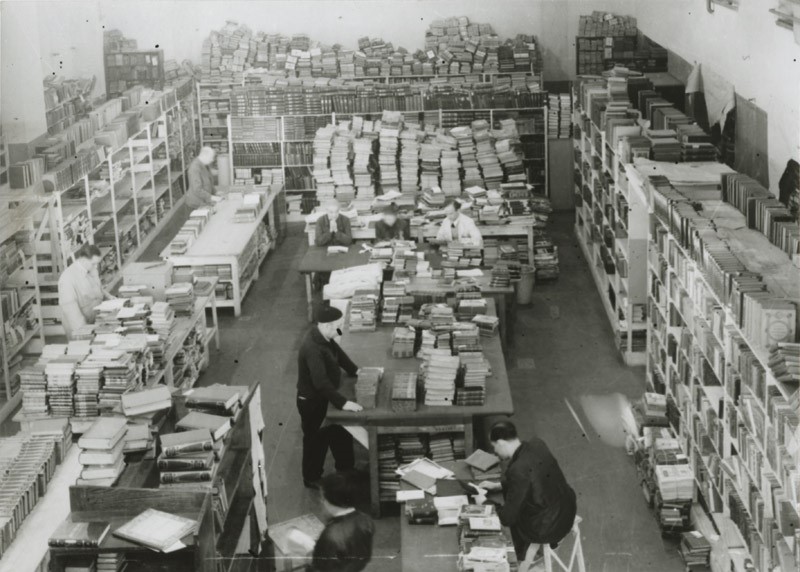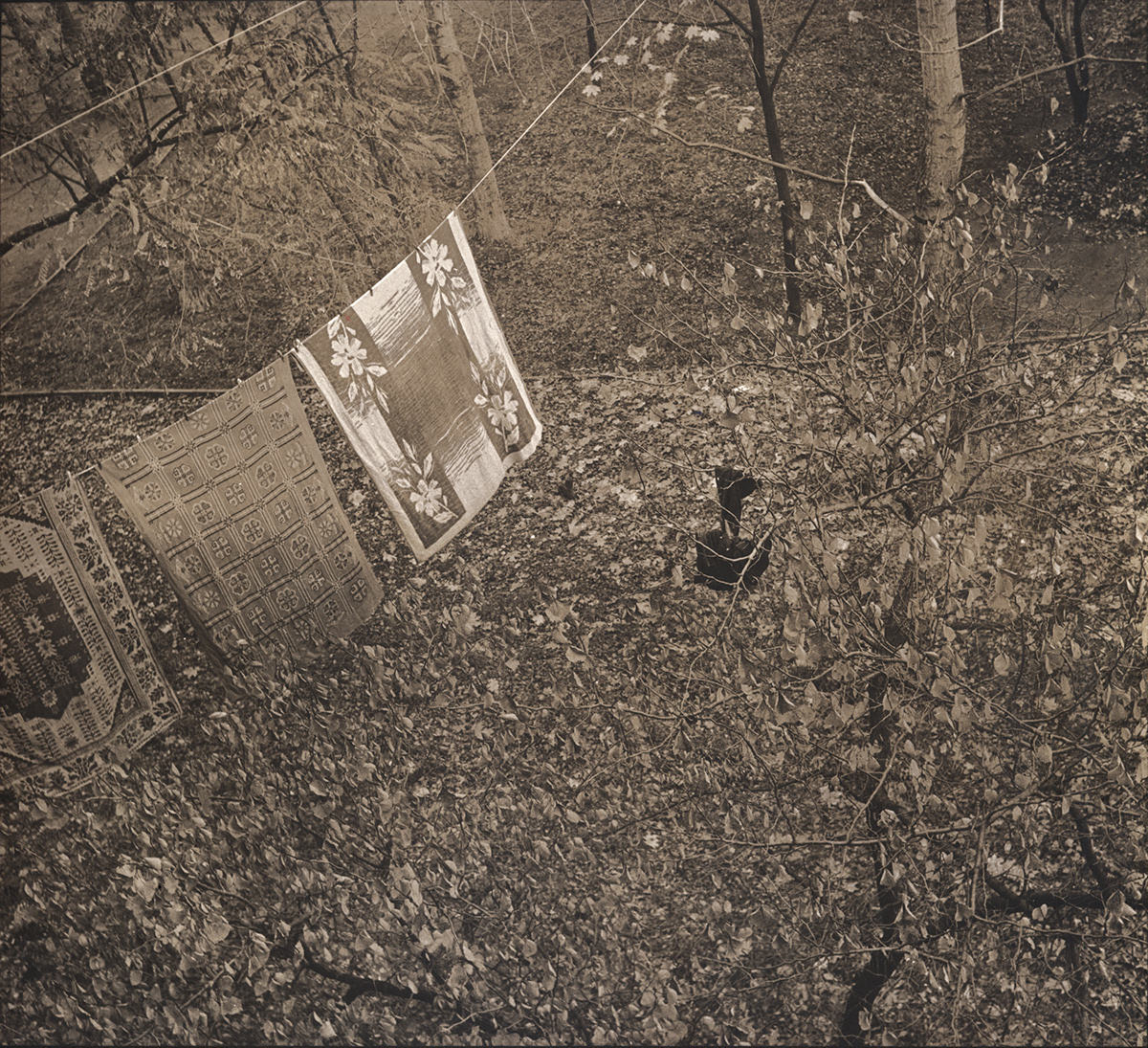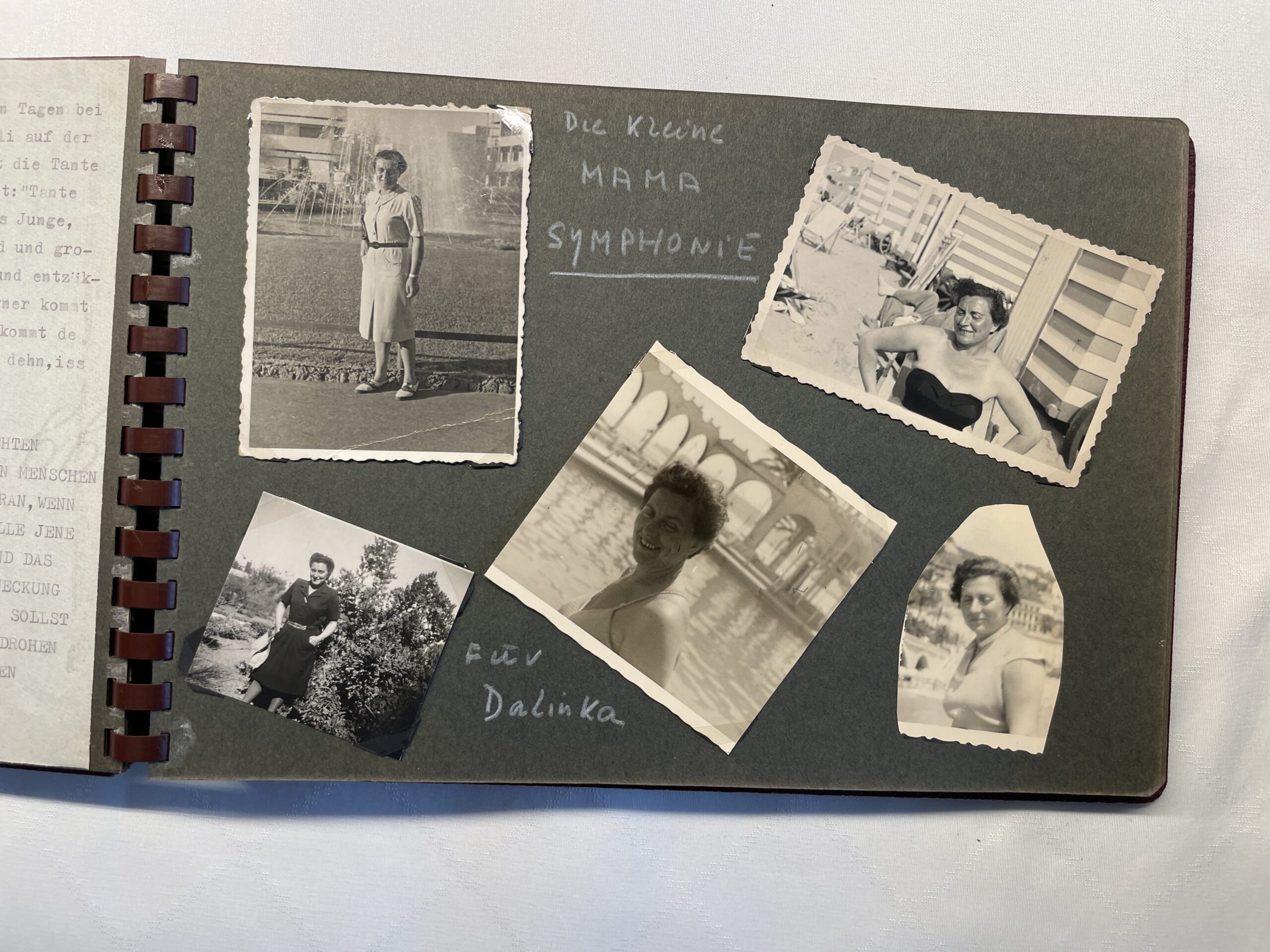CLUSTERS
To effectively translate the IRTG’s general research framework into a feasible program, five clusters have been established to host the PhD and postdoctoral projects. These clusters are designed to approach Jewish material culture from a wide range of disciplinary perspectives while forging connections between them. Each cluster will focus on a particular theme and apply a specific set of methods. At the same time, shared research questions and conceptual frameworks will help to create cohesion across the clusters.
These shared questions explore human-object relationships, the mobility and transfer of objects, specific qualities and forms of objects, as well as the shifting subjective and objectified meanings attributed to—and initiated by—objects. They encompass dimensions such as the proximity and distance between objects and their users, processes of appreciation and devaluation, and the movement of objects between sacred and profane realms across various social, political, and geographical contexts.
The clusters draw on the following disciplines and approaches:
Cluster
Practice
folklore · cultural studies · ethnology · economic history · history of consumption
Cluster
Ownership
social history · institutional history · history of ideas · law
Cluster
Text
language · literature · jewish thought
Cluster
Memory
holocaust · memory studies
Cluster
Stage
theatre · performance studies · art history




